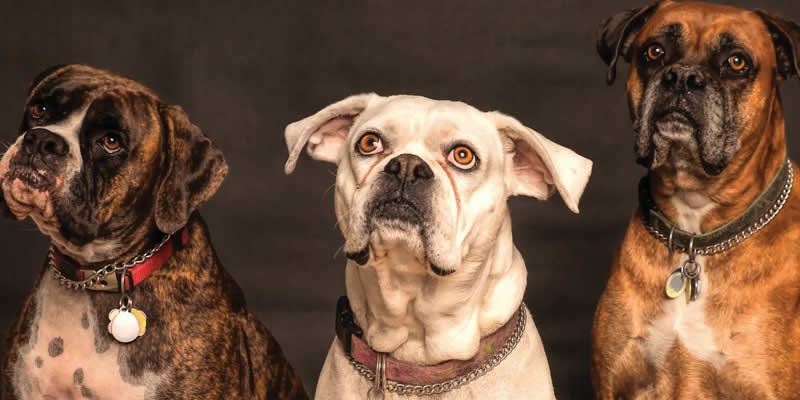The first UK documented case of a dog with COVID-19 is being closely monitored, officials have said.
The UK’s top vet has said there is “no clear evidence” that pets can pass the virus on to humans, and it is believed that the dog caught it from its owner.
The UK’s Chief Veterinary Officer Christine Middlemiss said: “The infected dog was undergoing treatment for another unrelated condition and is now recovering.
“It is very rare for dogs to be infected and they will usually only show mild clinical signs, and recover within a few days.
“There is no clear evidence to suggest that pets directly transmit the virus to humans. We will continue to monitor this situation closely and will update our guidance to pet owners should the situation change.”
The government’s COVID-19 advice for people with pets states that animal fur can, for short periods of time, act as a carrier for the virus in the same way as other surfaces.
Pet owners or those working with animals should regularly wash their hands and avoid sharing food and utensils with animals.
Although rare, some coronaviruses that infect animals can be passed on to people, with suggestions that COVID-19 is likely to have originated in bats.
There have been a few reported cases of COVID-19 in pet cats, dogs and ferrets around the world, with cases also recorded in:
- big cats in captivity
- fruit bats
- mink
- non-human primates
- pangolins
- pigs
- raccoon dogs
- rodents
- white-tailed deer.
The UK Health Security Agency has said that there have been cases of people catching the virus from mink and ferrets.
A vet can determine whether your pet should have a COVID-19 test, should you be concerned that it has respiratory or digestive problems and a temperature.
Pet owners with COVID-19 are advised not to kiss or cuddle their pets or let them sleep in their bed, and to try and arrange for someone else to care for them while they are self-isolating.





